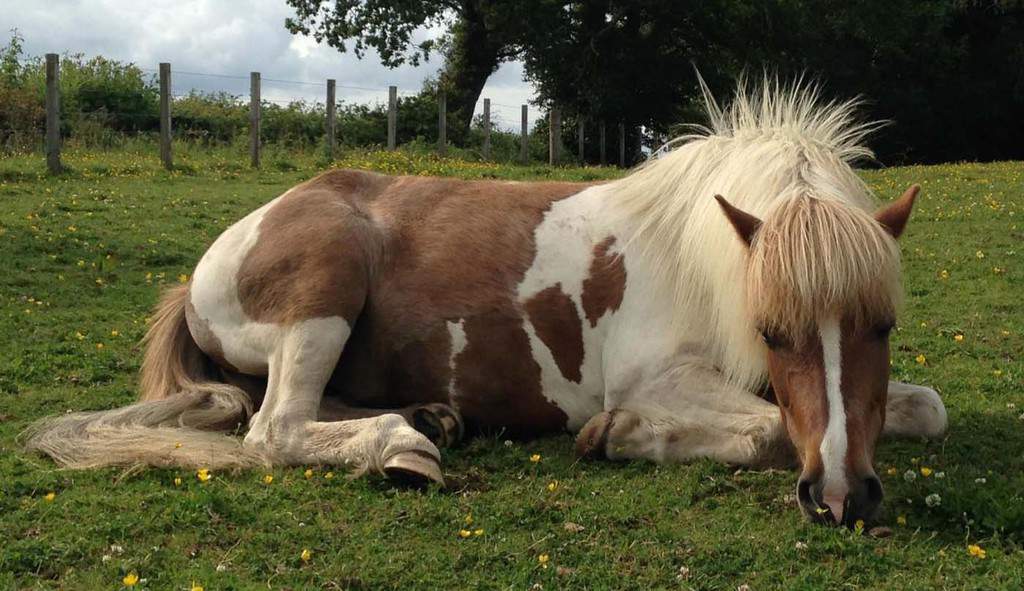Researchers at Scotland’s Rural College (SRUC) are calling on pony owners to help them get to the root of laminitis – a painful condition which affects many ponies and horses.
PhD students Philippa Davies and Ashley Ward are carrying out two linked research projects to try and identify previously unconsidered triggers for laminitis in ponies as part of a collaboration between SRUC, WALTHAM Petcare Science Institute and the University of Aberdeen’s Rowett Institute.
They are asking owners of native-breed ponies across the north east of Scotland to help them by completing questionnaires and allowing them to collect samples from their pasture and ponies.
Laminitis cases are commonly linked to changes in the content of the grass and/or consumption of this grass – so-called pasture-associated laminitis (PAL). One of the projects aims to find out why some animals are more susceptible to developing the condition than others.
Obese animals and those with altered levels of key blood hormones such as insulin and adiponectin have been found to be at increased risk – but not all of these animals develop laminitis and lean animals can also develop the condition.
By studying the faeces and urine of individual animals, the researchers hope to find if differences in the ability of individual ponies to metabolise and utilise pasture may help identify those at a higher risk of developing the condition.
Grasses high in sugars are considered to be unsuitable for animals prone to laminitis, but not enough is known about what this means in practical management terms. The second project will look at the species make-up of Scottish pony pastures and evaluate, among other things, the sugar content of the different grass species throughout the year in order to establish associations between the chemical composition of grass and laminitis risk.
SRUC’s Dr Pippa Morrison, one of the supervisors on the studies, said: “We know that for many owners of horses and ponies, the possibility of their animal developing laminitis is a constant worry and a very real concern.
“When it happens, laminitis can arrive with little or no warning and can be quite shocking. All too often animals suffer extreme pain and the consequences can be devastating.
“These studies have been carefully designed to help us better understand some of the risk factors associated with laminitis, both at the pony and pasture level, and may help to identify animals at increased risk and those for which recurrence of the disease is more likely.”
It is hoped the research, which is also supported by the Roland Sutton Trust and World Horse Welfare, will lead to the development of evidence-based biomarkers to identify animals at high risk of developing the condition, in addition to establishing suitable management strategies to help reduce the occurrence of PAL. This would provide valuable information for vets and horse owners and could greatly improve the welfare of horses and ponies.
Philippa and Ashley are looking for healthy native-breed ponies aged four years old and over, with no previous diagnosis of PPID (equine Cushing’s disease), to take part in these studies.
If you are interested in getting involved, or if you would like more information, please contact: [email protected] or 01224 711026.
To undertake the online survey, visit https://www.smartsurvey.co.uk/s/ProjectPAL/





